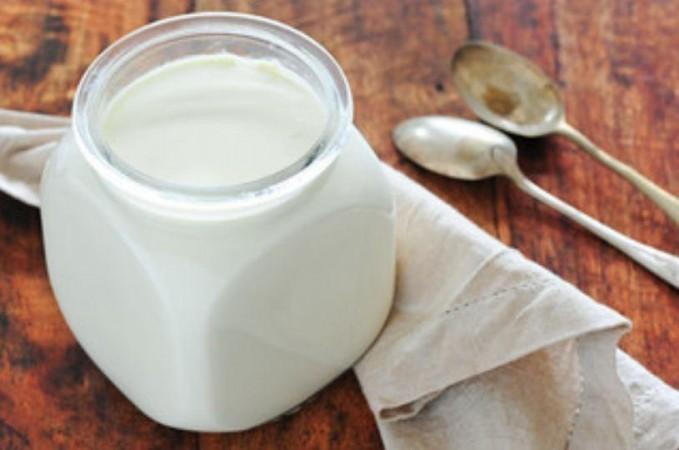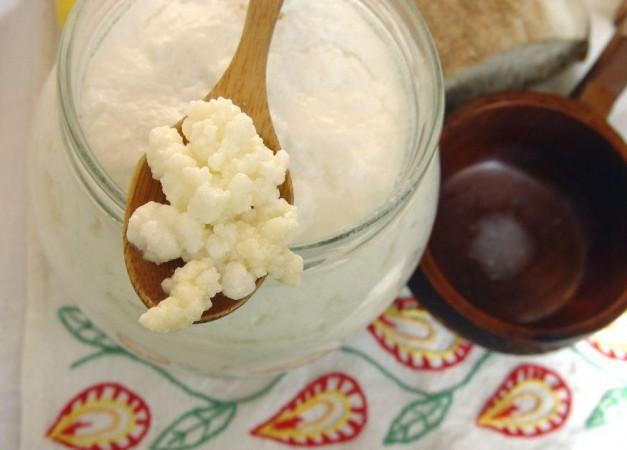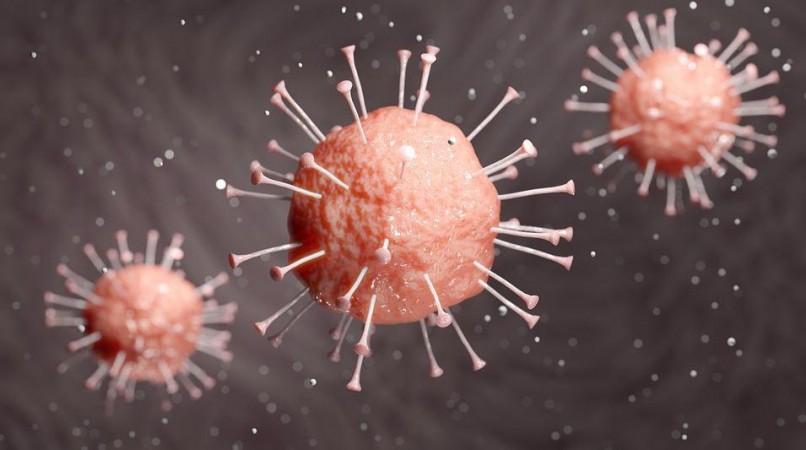If a nutritionist is asked whether they would recommend the consumption of probiotics, the answer will most likely be a resounding yes. Such are the benefits of probiotics. Now, scientists from Ben-Gurion University of the Negev (BGU) have reported the discovery of new drugs from molecules isolated from Kefir yogurt—well known for its probiotic properties—that may help fight not just pathogenic bacteria but also aid in the treatment of numerous inflammatory conditions such as inflammatory bowel disease (IBD) and cytokine storms caused by COVID-19.
According to Orit Malka, the lead author of the paper, the study is the first to demonstrate that the pathogenicity of harmful bacteria affecting human beings can be tackled using molecules produced in probiotic milk products such as kefir yogurt. The research also illustrates the mechanism through which probiotics from fermented milk can offer protection against infections and help strengthen the immune system.

"The healthy properties of probiotics in yogurt have been widely recognized, but our remarkable BGU researchers have shown how they actually have the potential to be highly effective drugs. It is another example of groundbreaking research and innovation at BGU," said Doug Seserman, CEO, American Associates, Ben-Gurion University of the Negev, in a statement.
Stopping Cholera In Its Tracks
Probiotics are generally accepted to benefit the immune functions of the body. They aid in the maintenance of stable populations of microbiome in the digestive system, which could contribute to the protection of the body from bacterial infections. Kefir is a popular probiotic that is gaining acceptance across the world.

It is produced through the infusion of kefir grains (which contain yeast) and lactic acid bacteria with cow, sheep, or goat's milk. Since kefir contains very low lactose content, it is safe for the consumption of most individuals who suffer from lactose intolerance (i.e) the body's inability to digest the dairy sugar lactose.
For the study, the authors used molecules secreted in kefir to test its action against the virulence of Vibrio cholerae—the bacteria that causes cholera. They found that Kluyveromyces marxianus, a fungus, was predominantly present in fungi.

The team also identified tryptophol acetate—a new metabolite secreted by fungi—in kefir. It was noted that these molecules were able to disrupt communication between bacterial cells, thereby, having an anti-bacterial effect on Vibrio cholerae and reducing its pathogenic ability.
Calming Cytokine Storms
Through a follow-up study, the researchers learnt that the molecules isolated from kefir exhibited strong anti-inflammatory action in several pathological conditions and disease models. In experiments involving mice, the authors observed that the molecules were able to successfully heal the animals affected by deadly 'cytokine storms'.
Cytokines are signaling proteins that regulate the immune system by attracting immune cells to the site of infection. In patients with severe COVID-19, this signaling process is impaired and an erratic response of the immune system or a 'cytokine storm', damages healthy tissues. This causes lung damage and organ failure.

The authors gleaned that along with mitigating the cytokine storms, the kefir-derived molecules also helped the immune system recover its equilibrium. This suggests that these isolates have immense potential for therapeutic applications, and potentially help COVID-19 patients recover from excessive cytokine activity.
"Following promising results in animal models, we look forward to administering these drug candidates to patients who are experiencing a cytokine storm due to COVID-19 infection, or people suffering from acute inflammatory bowel pathologies, such as Crohn's disease," concluded Malka. The research team has also floated a new company for the development and commercialization of the new technology.

















